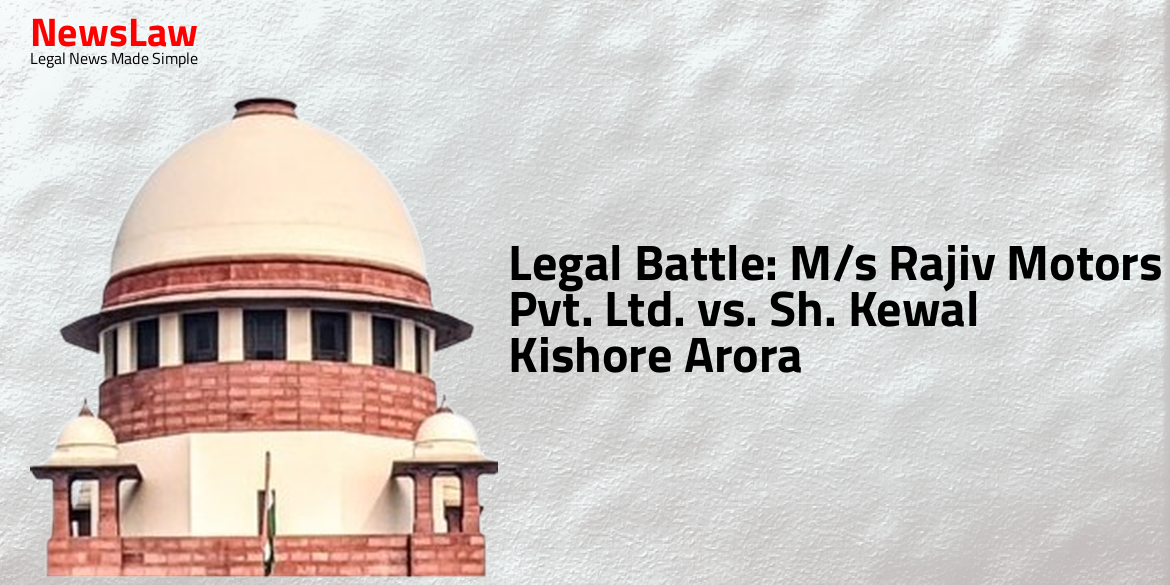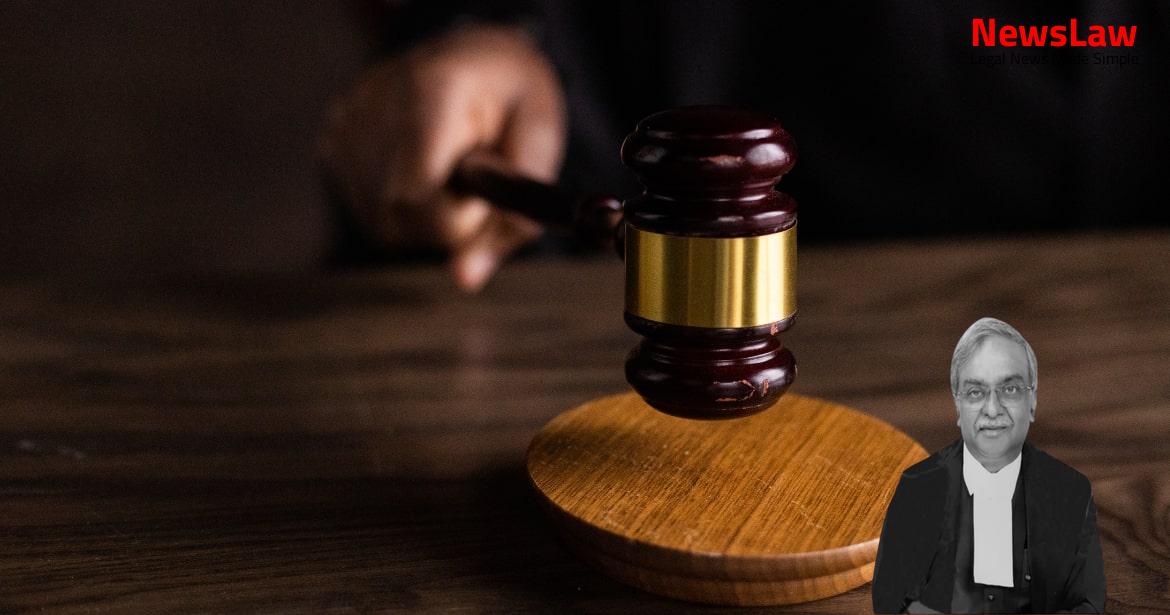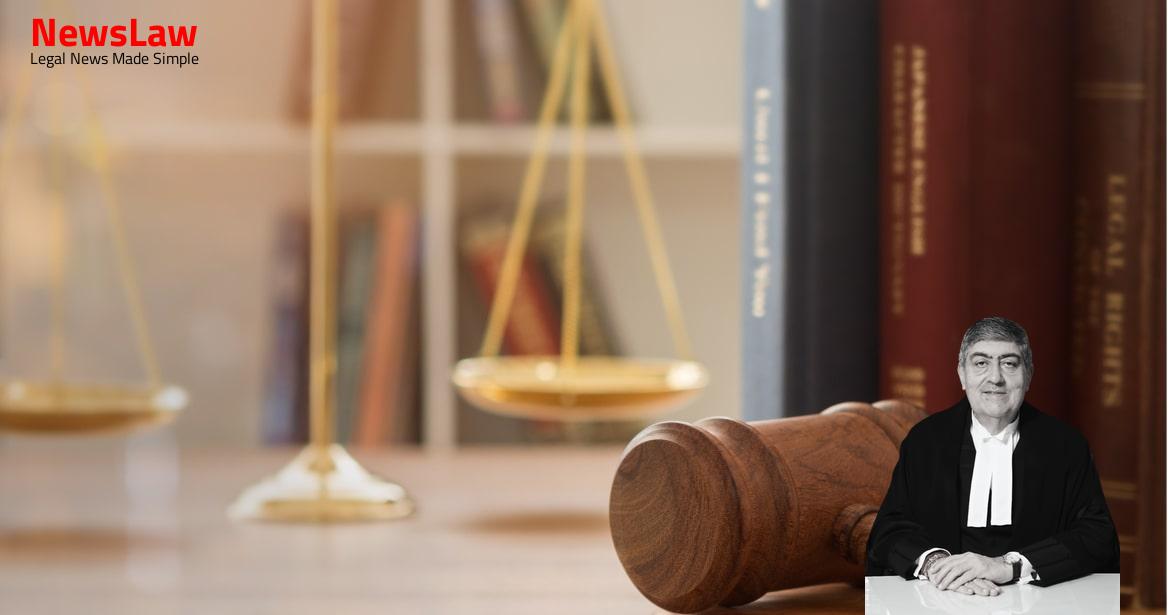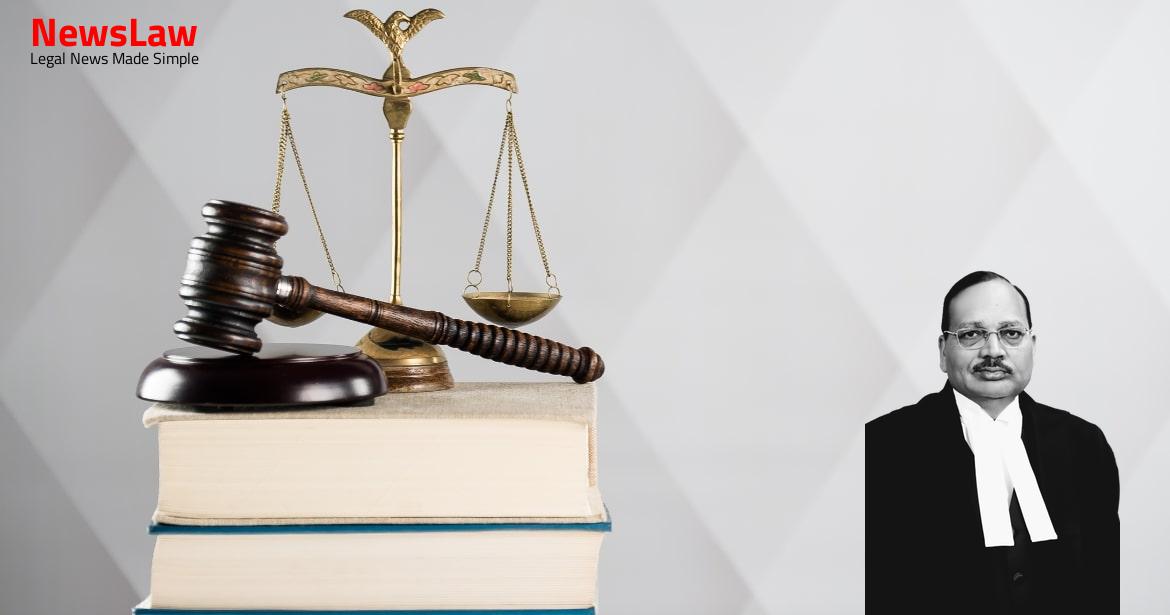Explore the legal showdown between M/s Rajiv Motors Pvt. Ltd. and Sh. Kewal Kishore Arora in the recent Delhi High Court judgment. The case delves into issues of termination, misconduct, and appropriate disciplinary action. Learn about the court’s decision and the key factors considered in this complex legal battle.
Facts
- The petitioner joined back at his duty on 11 March, 1985, but was denied entry into the premises.
- On 12 March, 1985, the directors of the company refused to let the petitioner commence work and subjected him to verbal abuse.
- The petitioner sent a letter to the management on 12 February, 1985, highlighting discriminatory practices in benefits provided to staff members.
- The Labour Court framed issues regarding the termination of the petitioner’s service, and some issues were decided in the petitioner’s favor.
- The petitioner also applied for Medical Leave for the period of 13 February, 1985 to 09 March, 1985 due to illness.
- The Court directed full back wages to be paid to the petitioner from the date of termination till superannuation, along with all associated benefits.
- The petitioner secured an employment with M/s Aiyer & Co. in June, 1992.
- The petitioner filed a claim petition against M/s Aiyer & Company for alleged illegal termination.
- The dismissal of the petitioner in June, 1985 was deemed justified by the Labour Court.
- The charges of misconduct, indiscipline, insubordination, misbehavior etc. were substantiated by the management.
Issue
- The main issue before the Court is the legality and presence of any apparent errors in the Award.
- The Court is to determine whether the Award is flawed in any way.
- The focus is on assessing if any illegalities or obvious mistakes are present in the Award.
- The key question is whether the Award meets the legal standards and if it appears correct on its face.
Arguments
- The petitioner’s duty was to report to the Secretary or Executives and Accounts Officer, not directly to the Directors.
- The files were handled by officers, not the Directors themselves.
- The Accounts Officer and Executive Officer responsible for the files were not examined by the respondent.
- No other staff member except the Director was examined as a witness regarding the lack of trustworthiness in the petitioner’s service.
- The Labour Court did not follow the directions to adjudicate on the termination afresh as directed by a Coordinate Bench.
- The impugned Award was passed without considering the full facts of the case and the previous direction from the Court.
- No criminal complaint was filed regarding the mishandling of the confidential file by the respondent.
- No material was adduced to establish the allegations against the petitioner.
- The evidence of MW-1 lacks credibility as he did not have first-hand information of the charges.
- Allegations of insubordination and indiscipline were seen as an afterthought after the petitioner sought entitled increments.
- There is no independent witness to support the allegations of insubordination and indiscipline.
- The petitioner, as a clerk, did not have control over the alleged misplaced income-tax files.
- The petition is opposed by the respondent management for lacking merit.
- Petitioner was designated as Accounts Supervisor but was performing duties as an Administrative Officer in the Accounts Section of the respondent management.
- Petitioner did not receive increments or ex-gratia like other staff members due to different norms for administrative and supervisory staff.
- Allegations against the directors of the respondent management, Shri Shiv Gopal and Raj Gopal, are deemed false and made with ulterior motives.
- No rebuttal to the respondent management’s testimony witnessed during the trial.
- It was established during the trial before the Labor Court that the petitioner did not participate in the enquiry proceedings despite being given a fair opportunity.
- Petitioner declined the opportunity to be represented by a co-worker during the enquiry proceedings.
- The respondent management contends that the petitioner was accorded a fair opportunity to present his case during the enquiry.
- Petitioner has not raised any substantive question of law or grounds to challenge the impugned Award.
- The instant petition may be dismissed as per the submissions made by the respondent management.
Analysis
- The court found that the charges against the workman were serious and duly proved, justifying the punishment of dismissal by the management.
- The workman was found guilty of using offensive language against the directors of the management and other employees.
- The workman’s age was noted to be around 58 years in 2000, indicating he is likely over 68 years old now.
- The workman exhibited insubordination, misbehaviour, and misconduct towards senior officers and staff of the company.
- There was no substantial rebuttal from the workman regarding the irregularities and misbehaviour as an Accounts Supervisor.
- The workman failed to return important income tax files of the directors and used abusive language when asked to do so.
- The dismissal of the workman was deemed to be justified by the management.
- The court highlighted that the punishment of dismissal was proportionate to the gravity of the charges.
- The workman’s continuous misbehaviour and negligence in duties led to loss of confidence by the management, justifying the dismissal.
- The testimony of MW1 was crucial in proving the charges against the workman.
- The workman’s lack of seeking alternative employment and involvement in legal disputes were noted, raising questions about gainful employment.
- The workman was obstructed from entering the premises by security guards, yet did not take further action to address this.
- The workman misplaced important files, displayed insubordination, and used abusive language, justifying the dismissal.
- The court held that the charges against the workman were substantiated by cogent evidence presented by the management.
- The workman’s failure to provide satisfactory explanations regarding the charges further supported the dismissal.
- The lack of rebuttal concerning the income tax files reinforced the management’s decision to dismiss the workman.
- Overall, the court concluded that the termination of the workman’s services was legal and justified based on the evidence and circumstances.
- The power under Article 226 must be used cautiously and sparingly
- Intervention is warranted only in exceptional circumstances
- The court found no palpable error in the award of the Labour Court
- The award in the case of Sh. Kewal Kishore Arora Vs. M/s Rajiv Motors Pvt. Ltd. was upheld
- The petition is dismissed
Case Title: KEWAL KISHORE ARORA Vs. RAJIV MOTORS PVT LTD (2024:DHC:4629)
Case Number: W.P.(C)-866/2012



